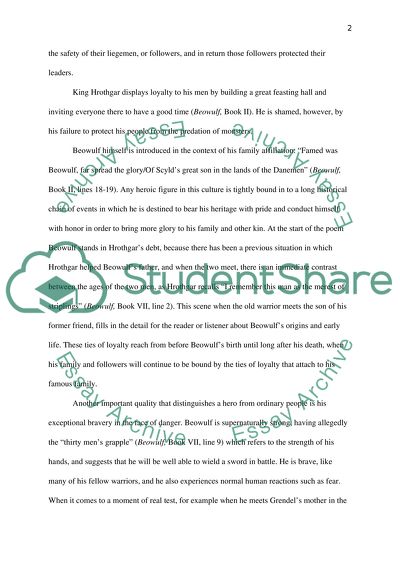Cite this document
(“Documented essay on Beowulf Example | Topics and Well Written Essays - 2500 words”, n.d.)
Retrieved from https://studentshare.org/literature/1489078-documented-essay-on-beowulf
Retrieved from https://studentshare.org/literature/1489078-documented-essay-on-beowulf
(Documented Essay on Beowulf Example | Topics and Well Written Essays - 2500 Words)
https://studentshare.org/literature/1489078-documented-essay-on-beowulf.
https://studentshare.org/literature/1489078-documented-essay-on-beowulf.
“Documented Essay on Beowulf Example | Topics and Well Written Essays - 2500 Words”, n.d. https://studentshare.org/literature/1489078-documented-essay-on-beowulf.


